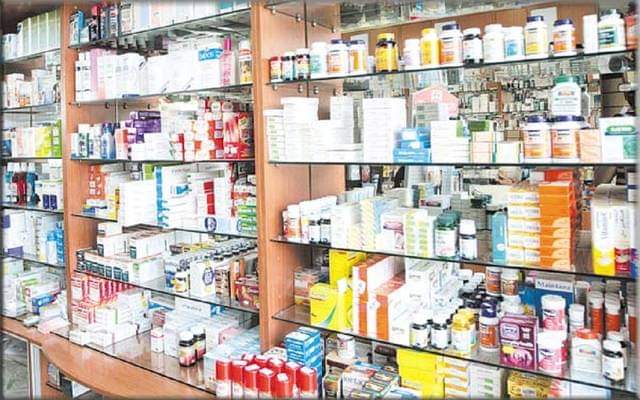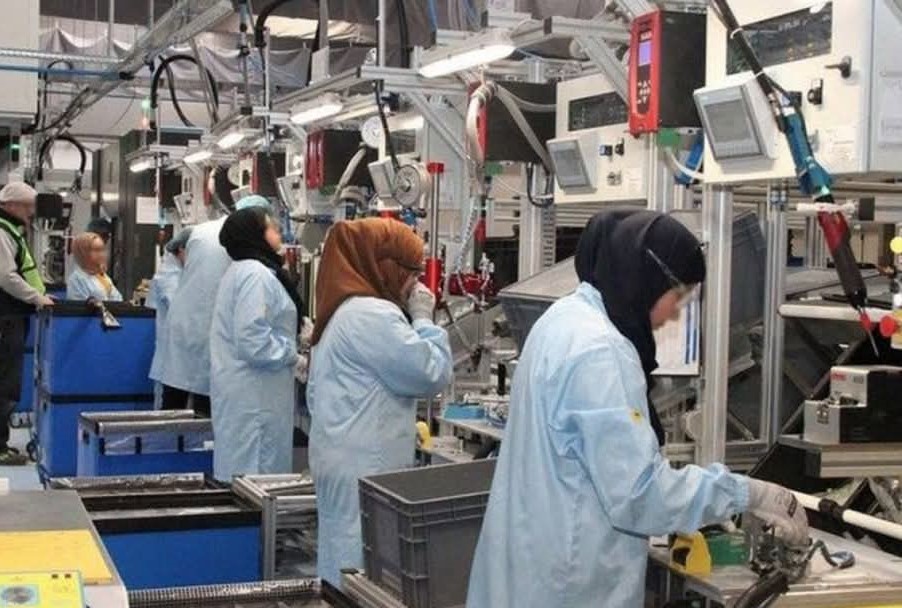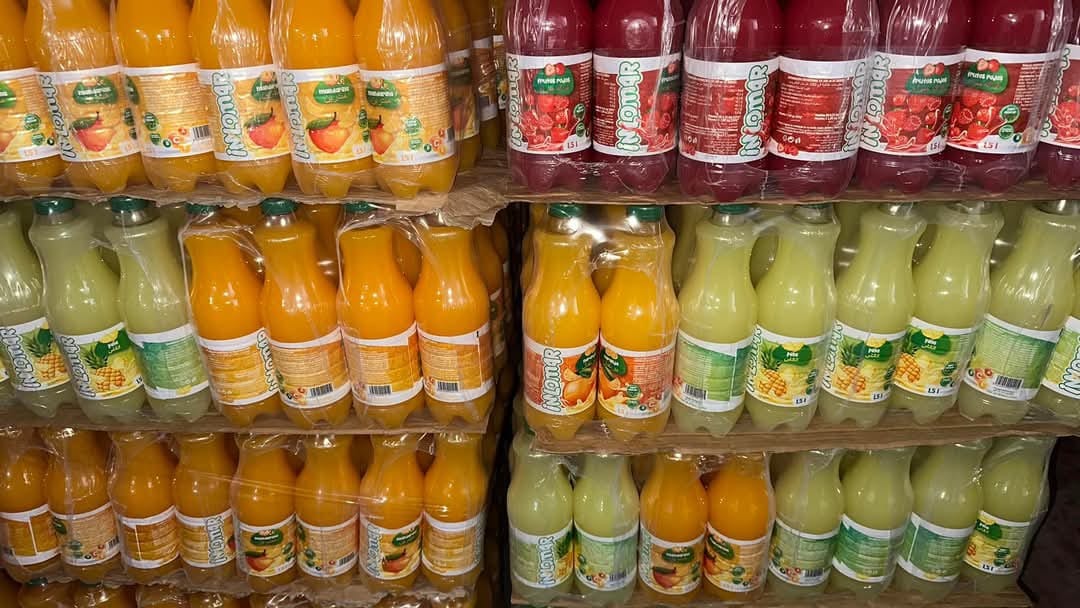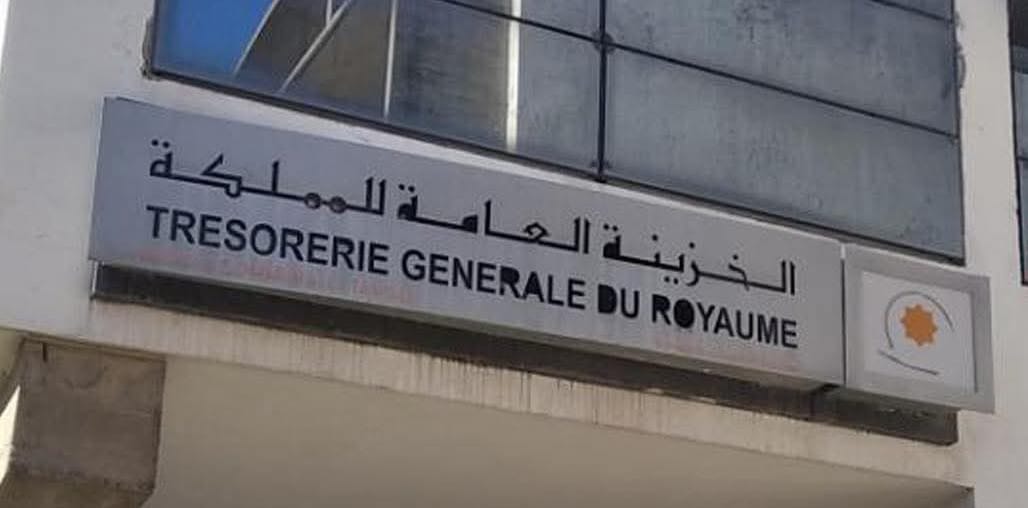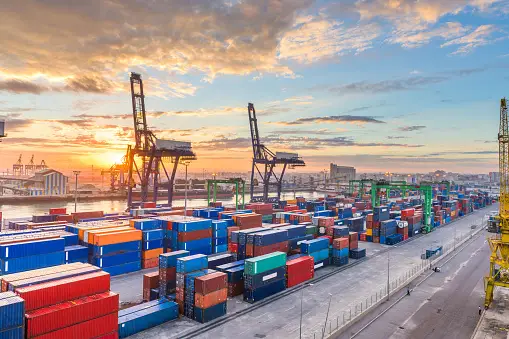Casablanca – In a significant move to address the rising costs of medications, the Moroccan government has announced a reduction in prices affecting 169 medications, with nearly 60% of these targeting chronic diseases. This decision is seen as a critical step toward enhancing access to essential medications for the Moroccan population.
The recent price adjustments, documented in Official Bulletin No. 7344 published on October 17, 2024, have resulted in effective reductions for 161 medications. The average price drop across these drugs is around 10%, with some medications seeing reductions as high as 59%. Cardiovascular medications have been the most impacted, making up 61% of the revised list, followed by drugs for erectile dysfunction (11%), anticancer treatments (8%), and blood-related medications (5%).
These price revisions are part of a broader strategy by the Ministry of Health and Social Protection to ensure that medications remain affordable for patients, particularly in light of the increasing number of innovative and costly treatments entering the market. While the intention behind the price cuts is to relieve financial pressure on patients and health insurance funds, the influx of high-priced innovative medications poses a challenge, potentially offsetting the benefits of these reductions.
The Ministry employs a benchmarking system to determine the new selling prices of medications, comparing Moroccan prices to those in six countries: France, Belgium, Spain, Portugal, Turkey, and Saudi Arabia. For original medications, Morocco adopts the lowest manufacturer price from these countries, while generic drugs are priced at a discount of up to 50% compared to their original counterparts. Notably, a 10% markup is applied to the prices of imported medications to accommodate local importers, which can lead to increased costs for consumers.
Despite the positive impacts of price reductions on health insurance budgets, the reality remains that many high-cost medications, particularly those exceeding $200, continue to be financially inaccessible for a significant portion of the Moroccan population. These challenges highlight the need for comprehensive health insurance coverage and reimbursement strategies, especially for long-term and severe health conditions, which are critical to ensuring equitable access to healthcare.
Furthermore, there are concerns about the pricing system’s structure, as the benchmarking process relies heavily on countries with more robust healthcare systems. Critics argue that this could result in higher prices for Moroccan patients, as the local pharmaceutical market lacks the scale to achieve significant cost savings without compromising profitability.
As Morocco navigates the complexities of the pharmaceutical sector, it is clear that while recent price revisions may provide some relief, systemic changes are necessary to address ongoing challenges, particularly in ensuring that all citizens can access the medications they need without financial hardship. The potential for further reforms, including the indexing of drug prices to the costs of raw materials and logistics, will be crucial in safeguarding the country against medication shortages and fostering a more sustainable pharmaceutical landscape.






